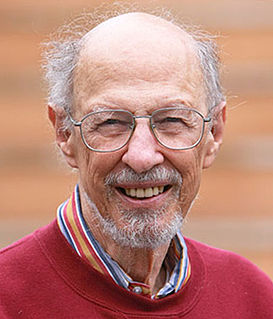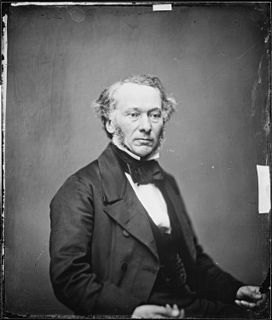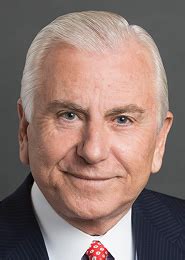A Quote by Bjarke Ingels
I love computer programmers. They have a very beautiful definition of complexity as 'the capacity to transmit the maximum information with the minimum data'.
Related Quotes
Data isn't information. ... Information, unlike data, is useful. While there's a gulf between data and information, there's a wide ocean between information and knowledge. What turns the gears in our brains isn't information, but ideas, inventions, and inspiration. Knowledge-not information-implies understanding. And beyond knowledge lies what we should be seeking: wisdom.
The term "informatics" was first defined by Saul Gorn of University of Pennsylvania in 1983 (Gorn, 1983) as computer science plus information science used in conjunction with the name of a discipline such as business administration or biology. It denotes an application of computer science and information science to the management and processing of data, information and knowledge in the named discipline.
To acquire balance means to achieve that happy medium between the minimum and the maximum that represents your optimum. The minimum is the least you can get by with. The maximum is the most you're capable of. The optimum is the amount or degree of anything that is most favorable toward the ends you desire.
Such compression of large amounts of information into a few exformation-rich macrostates with small quantities of nominal information are not only intelligent: they are very beautiful: yes, even sexy. Seing a jumble of confused data and shreds of rote learning compressed into a concise, clear message can be a real turn-on.
There is so much information that our ability to focus on any piece of it is interrupted by other information, so that we bathe in information but hardly absorb or analyse it. Data are interrupted by other data before we've thought about the first round, and contemplating three streams of data at once may be a way to think about none of them.







































